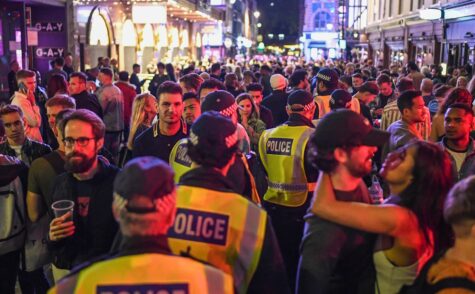News & Insights
The evolution of terrorism threat and the insurance response

The terrorism threat on our shores is worryingly diverse with 58 organisations designated as terrorist groups and banned by the UK Government. These groups wish to drive their ideology through spreading fear across the general public. Frequency of terror related incidents have increased within the last ten years with unsophisticated attacks becoming more commonplace.
This new attack methodology, with assailants deploying bladed weapons, firearms, and/or vehicles has increased attack frequency across Western Europe over the last ten years with many commentators pointing to online radicalisation as route cause. From an insurance perspective the burden of financial loss on many businesses is now from business interruption rather than property damage.
In the wake of the 2017 London Bridge attack, extensive police cordons remained for 10 days, generating widespread business interruption losses. Since there was limited physical damage, many insureds were left without cover. Businesses lost an estimated £1.4 million from the London Bridge attack, according to Pool Re.
Although still in lockdown, the unfortunate Reading stabbing attack saw many city centre streets surrounding Forbury Gardens closed for two weeks following the incident on 20th June 2020.
Beyond direct business interruption losses, many businesses in or near areas struck by terrorism often see a decline in foot traffic well after cordons are cleared. Property management, tourism and retail sectors are particularly at risk for losses following terrorist attacks.
Inperio have designed a product that combines traditional property damage and business interruption cover with additional benefits seen in Active Assailant policies such as loss of business, denial of access and loss of rent. Coupled with non-damage business interruption coverage which responds without official classification of a terrorist attack makes this a robust proposition for property and business owners across the UK.


